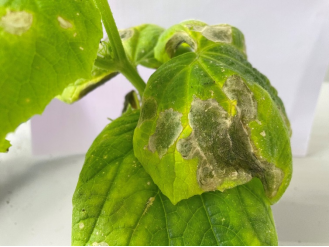The Transition to Regenerative Agriculture Will Require Innovative Farmers — and Creative Financial and Retail Partners
Farmers — and the agricultural industry as a whole — in many ways are the lifeblood of a country, writes Christopher Marquis at Forbes. They provide communities with the food that sustains them, and, crucially, act as stewards of the land on which they grow their crops and house their livestock.
Commodity and industry agriculture and meat production, however, are known to contribute to climate change. But scale, growing practices, and other factors can make a big difference: Regenerative agriculture can actually have a positive environmental impact, a far cry from the damaging effects of other farming enterprises. And the planet along with consumer markets are making louder demands for just such a shift — a transition that will require investors, farmers, distributors, retailers and consumers to all play a part.
One innovative model hoping to provide funding and market support for farmers in making on-farm transitions toward regenerative agriculture was launched in January of 2020 by Danone North America and RePlant capital. According to the press release:
“Danone North America, a leading food & beverage company and the world’s largest Certified B Corp, today announced its partnership with rePlant Capital, a financial services firm dedicated to reversing climate change. Over the next several years, rePlant will invest up to $20 million dollars to support Danone North America’s farmer partners with expenses related to converting to regenerative or organic farming practices. These practices increase biodiversity, enhance ecosystems and enrich soil, as part of the company and its partners’ broader commitments to addressing climate change.”





